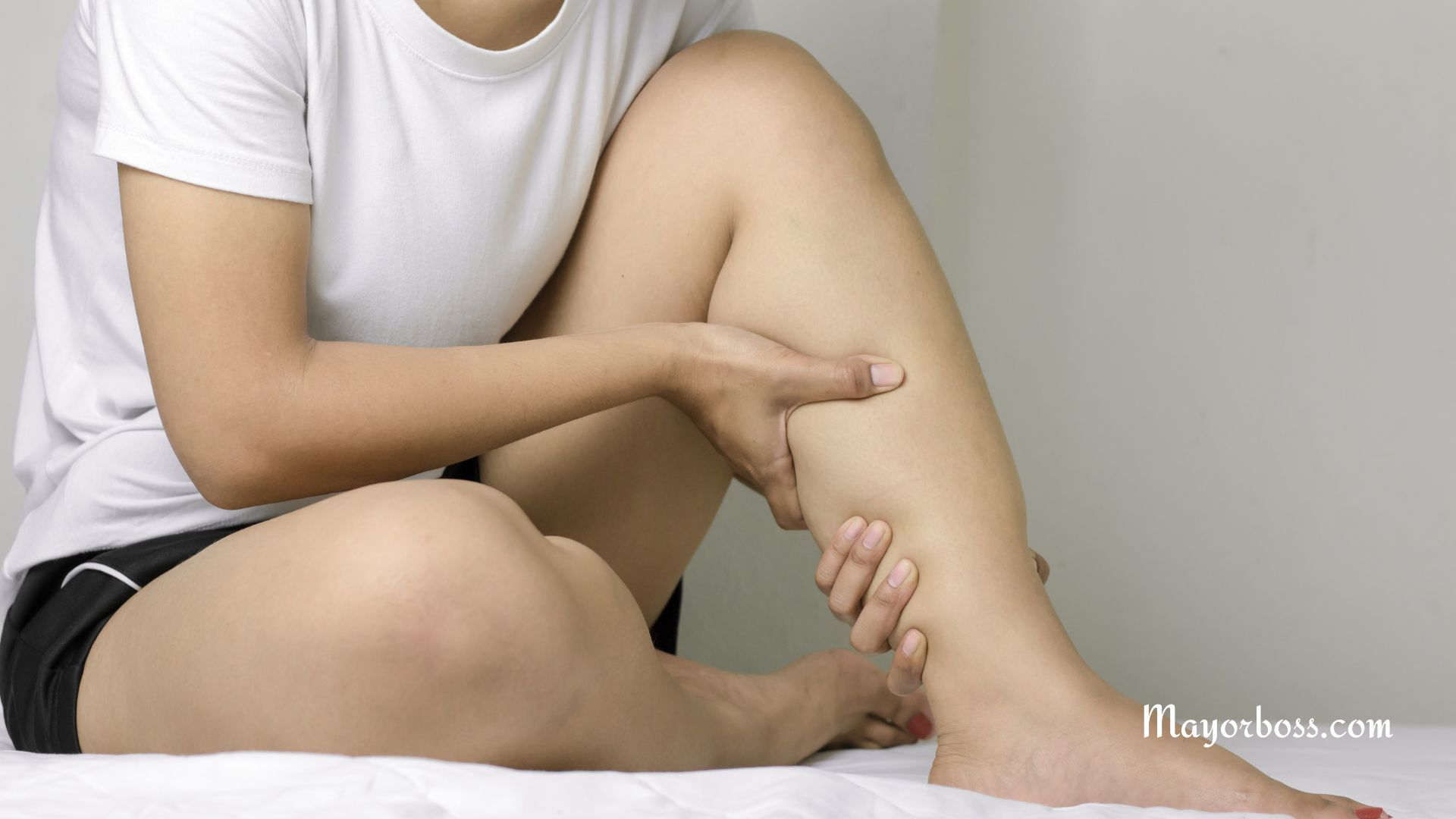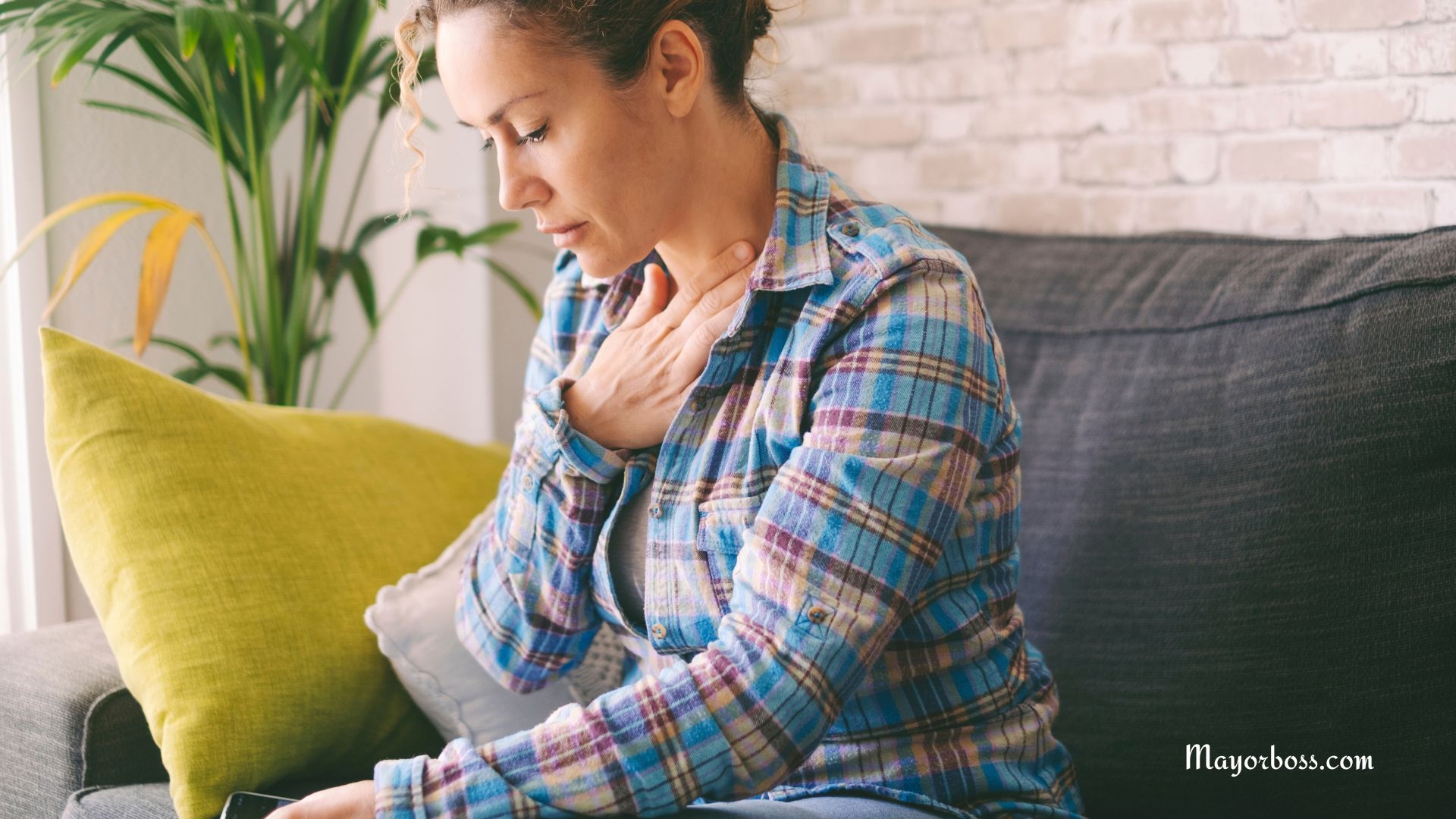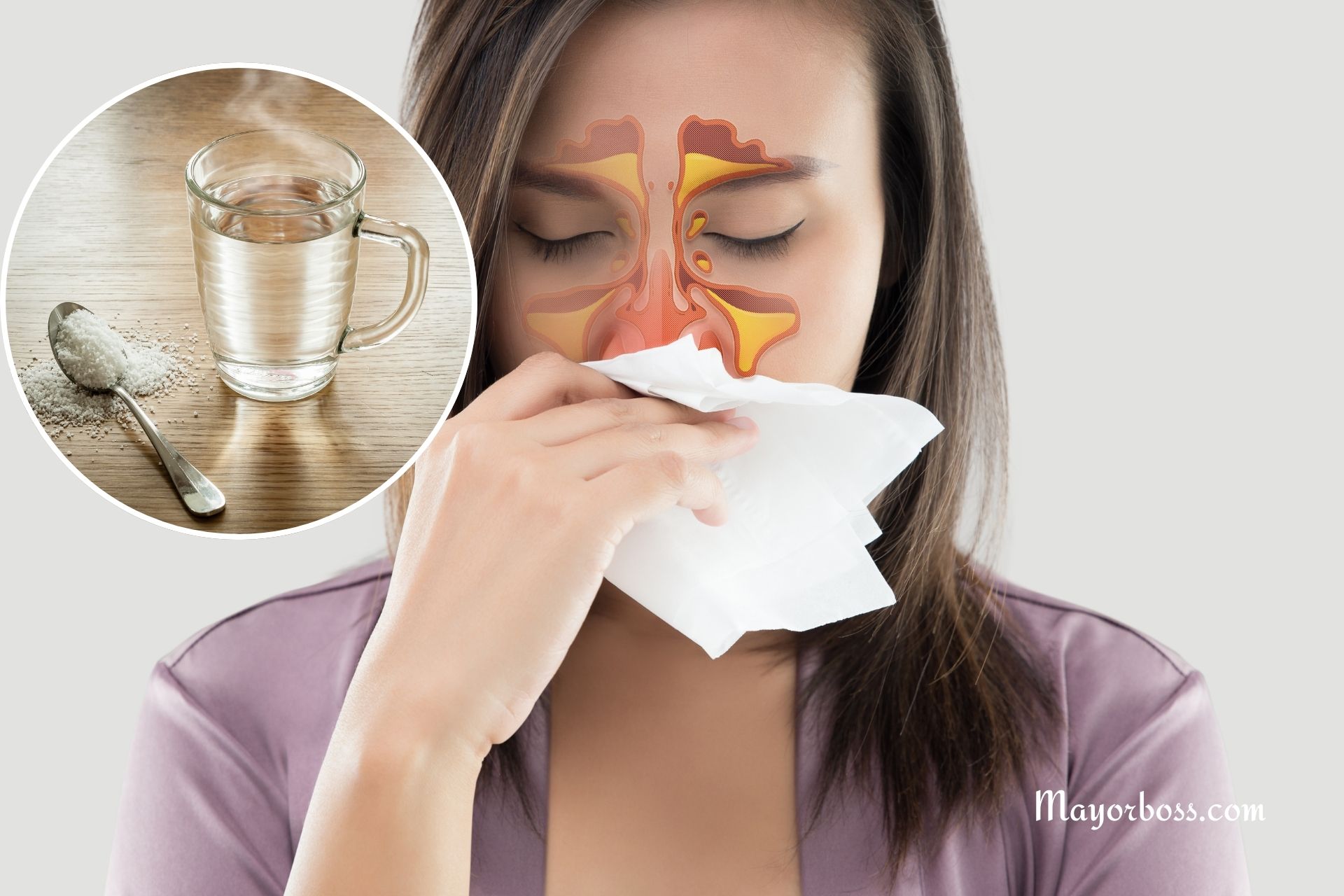Can You Get Herpes from Kissing?
Can you get herpes from kissing? The short answer is yes, you can get herpes from kissing. Herpes is mainly transmitted through direct skin-to-skin contact, and the lips are a common area where herpes viruses (HSV-1 and sometimes HSV-2) appear. So, if you kiss someone with an active herpes sore or even if they’re in a “prodromal” stage (when the virus is active but not yet showing symptoms), there’s a risk of transmission.

What is Herpes?
Herpes is a viral infection caused by two types of viruses: herpes simplex virus type 1 (HSV-1) and herpes simplex virus type 2 (HSV-2). HSV-1 commonly affects the oral region, giving rise to cold sores or fever blisters. On the other hand, HSV-2 generally affects the genital area. However, both types can infect either region.
How is Herpes Transmitted?
Herpes is highly contagious and can be transmitted in various ways:
Direct Skin-to-Skin Contact
This is the most common way herpes spreads. So yes, if you kiss someone who has an active herpes outbreak, you could contract the virus.
Prodromal Stage
Even if no sores are visible, the virus can still be active. This stage is called the prodromal stage, during which the person might feel tingling, itching, or burning in the area where the sore will eventually appear.
Sharing Personal Items
Although less common, herpes can also spread through sharing items like lip balm, utensils, or towels that have come into contact with the virus.
Sexual Contact
Apart from kissing, herpes can also spread through sexual activities, including oral, vaginal, and anal sex. Always use protection and get regular check-ups to minimize risks.
How to Know if You’re at Risk
You’re at risk of getting herpes if:
- You’re in close contact with someone who has an active outbreak or is in the prodromal stage.
- You engage in sexual activities without protection.
- You share personal items with someone who has herpes.
How to Protect Yourself
So, how can you protect yourself from getting herpes?
Know the Signs
Be aware of the early symptoms of herpes, such as tingling, itching, or burning sensations on the skin.
Avoid Direct Contact
Steer clear of kissing or engaging in sexual activities with someone who has an active outbreak or shows signs of one coming on.
Use Protection
Condoms and dental dams can offer some protection, but they’re not foolproof since herpes can infect areas not covered.
Don’t Share Personal Items
Avoid sharing utensils, lip balm, or towels with someone who has herpes or shows symptoms.
What to Do if You Think You Have Herpes
If you suspect you’ve contracted herpes, consult a healthcare provider for diagnosis and treatment options. Antiviral medications can help manage symptoms and reduce the frequency of outbreaks.
In summary, while kissing is a common way to spread herpes, being informed and taking precautions can help you reduce your risk. Stay safe!
Further Reading: Can You Get Herpes From a Toilet Seat?






